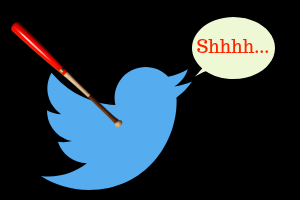
Since we always hear the constant debate of old timers vs the modern game, (I am not talking about the stat geeks), as a result, it always poses the question about why starting pitchers do not pitch deeper into games nowadays. There are several factors on this topic to touch on. When I look at stats, especially from the deadball era, it does amaze me at the innings pitched, games started, and complete games based off of the survival of the fittest conditions. These look like a mix between the stats a softball pitcher and a summer long, backyard whiffle ball duel with your brother. No doubt it is making a lot of pitches with a purpose.
However the game has changed over the years. What we are seeing now is an eclectic accumulation of advancement in baseball. Here are 7 Examples why starting pitchers do not pitch deeper into games:
Why Starting Pitchers Do Not Pitch Deeper Into Games
1. The Hitters are Better
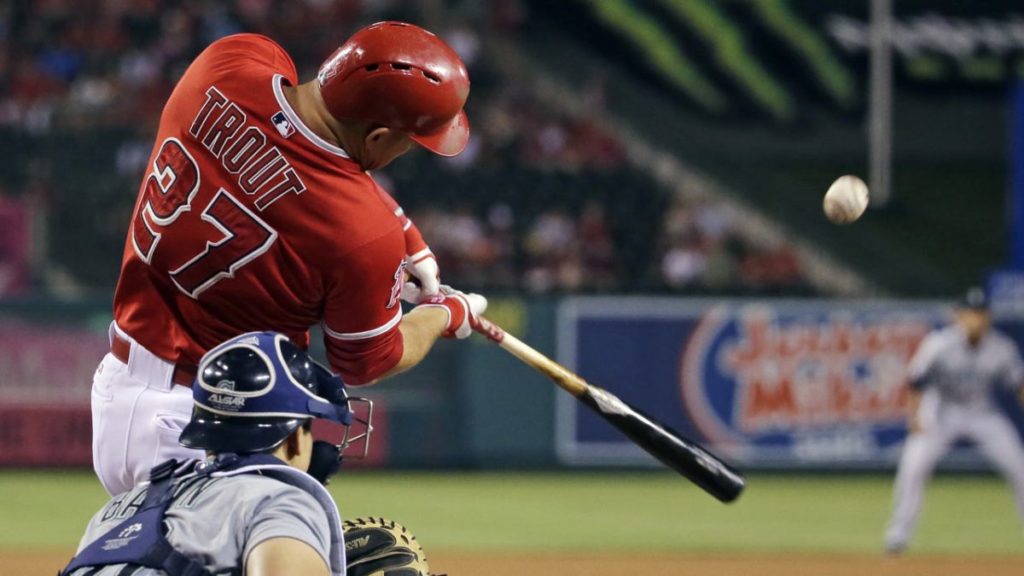
Yes, the hitters are better. Sadly. This is not necessarily debatable. The DH speaks for itself and in the past, the positions of Catcher, Shortstop, and 2B were primarily defensive positions. Anything that they brought to the plate was considered a bonus. The game now takes the offensive production of Gary Sanchez, Francisco Lindor and Jose Altuve for granted. In the day now where the 9 hitter can drop 30 bombs, hence Punching Judy and the Baltimore Chop have long been passe.
In a previous era, subtract the DH and assume the Catcher, Shortstop, and 2B cannot beat you with the bat. That makes only 5 hitters in the line up you have to worry about. On average, 3 of them will still get themselves out. Which makes it easier to go through the lineup 3 times. Today, if the computer says that a pitcher can’t get the same hitter out twice in a game, he is done for the day.
Why Starting Pitchers Do Not Pitch Deeper Into Games
2. The Game is Pitched at a Much HIGHER Velocity
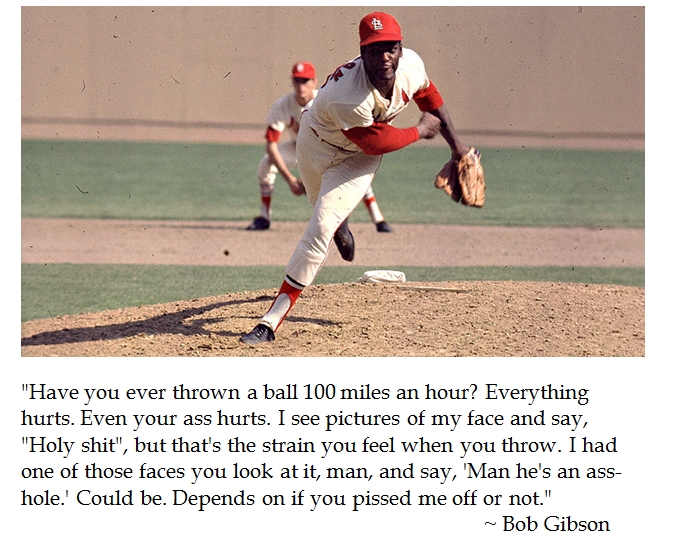
We all know that velocity is blazing the stadium radar guns around The Show. It’s exciting and dominating as 100MPH is a constant reality. It has surely changed the dynamic of baseball. The downside, is that it obviously leads to more stress on the body. Therefore, pitchers are monitored more in an attempt to avoid breaking down.
Another factor of velocity that the old timers ignore, is that it is harder to get a hitter out on less pitches. When you make a good pitch at 88 MPH, and the hitter puts the ball in play for a routine out, it seems easy. Now make the same pitch at 98 MPH, and the hitter is more likely to swing through it or foul it off. Thus running the count deeper. These high octane pitches add up throughout a game and a season.
Why Starting Pitchers Do Not Pitch Deeper Into Games
3. The Hitters are More Selective
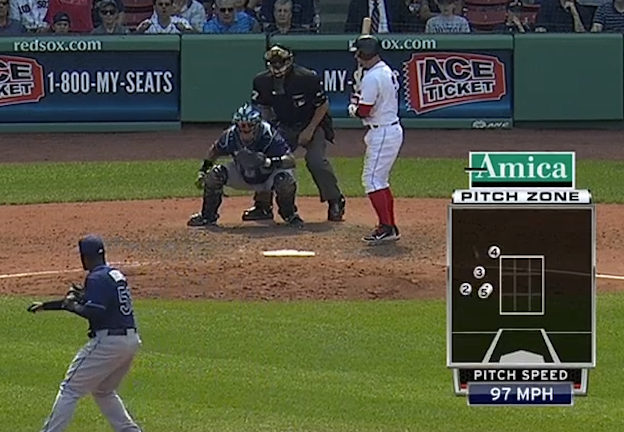
In complementing the first 2 points, hitters of the last 20 years are better at looking for their pitch and not missing it! Technological enhancements in video and advanced scouting have made hitters more patient. They can pick up on pitchers tendencies and have already seen the arsenal of pitches several times over in their heads, before even stepping into the box. They know where to look for certain pitches in each count. So they will not chase the first pitch that looks good to them. As a counteraction, pitchers have adapted to change their pitch selection. Even power arms are now pitching backwards more. As a pitcher, don’t fret. When you throw your pitch correctly, the odds are still in your favor.
Let’s also not forget the ever changing strike zone. In the post MLB players strike of 1994-95, the game needed a jolt for attendance, so the strike zone was reduced to the size of a postage stamp. Naturally, this prohibited pitchers to go deeper into game as the home run culture exploded. The fact that four 300 Game winners (Clemens, Maddux, Glavine, Johnson) pitched entirely through that era, shows just how damn good they really were.
Why Starting Pitchers Do Not Pitch Deeper Into Games
4. Bullpens are Advanced
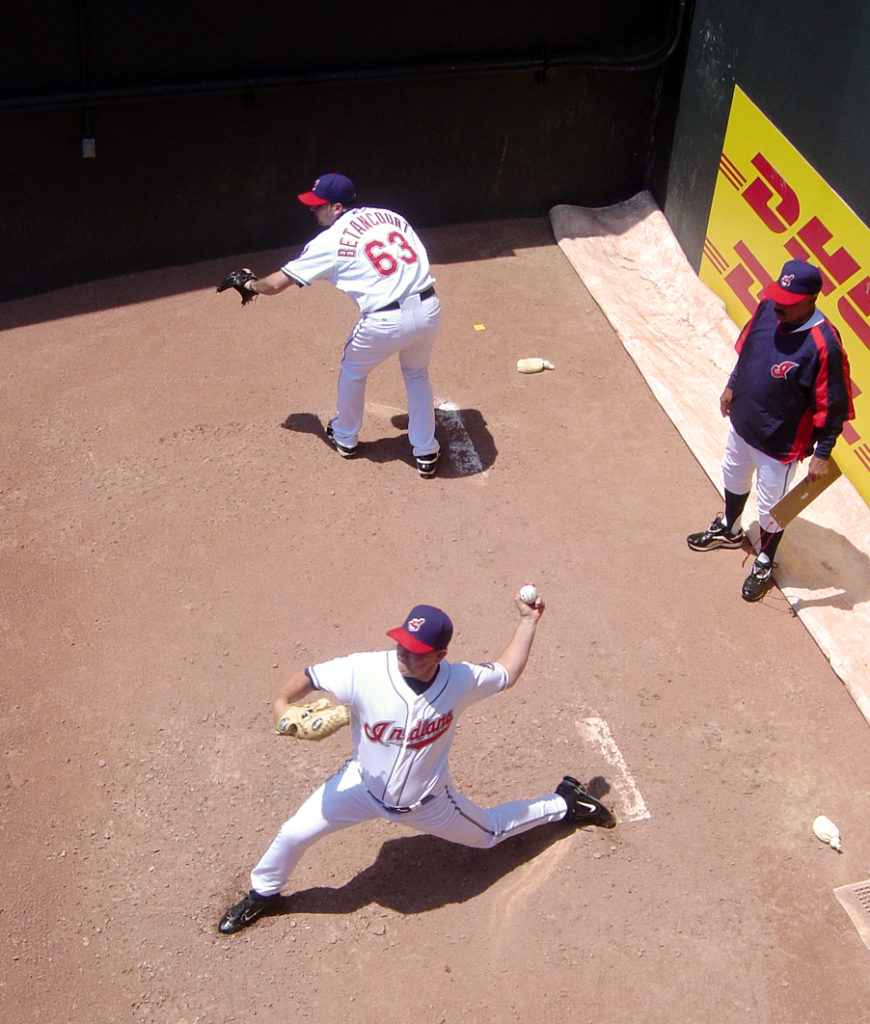
In the 1980s, managers Whitey Herzog and Tony La Russa can be credited with revolutionizing the use of the bullpen. No longer was it just a bunch of washed up hacks and mop up guys sitting as far away from the manager as possible. They were now advanced weaponry. They had specific roles as to when they pitched.
The goal of the starter has changed to get the ball in the hands of these specialists in the situations of their expertise. Now it is never always exact. Though it has certainly changed the dynamic of the game in later innings. Plus, the revolving door in the bullpen has opened more opportunities for pitchers to make it to The Show.
Although, when a starter is on his game, you run with him. He will be damned if anyone will take the ball from him when he is smelling the finish line. Starters haven’t lost that killer instinct. From time to time, the manager may second guess himself. That’s baseball.
Why Starting Pitchers Do Not Pitch Deeper Into Games
5. Deeper Post Seasons
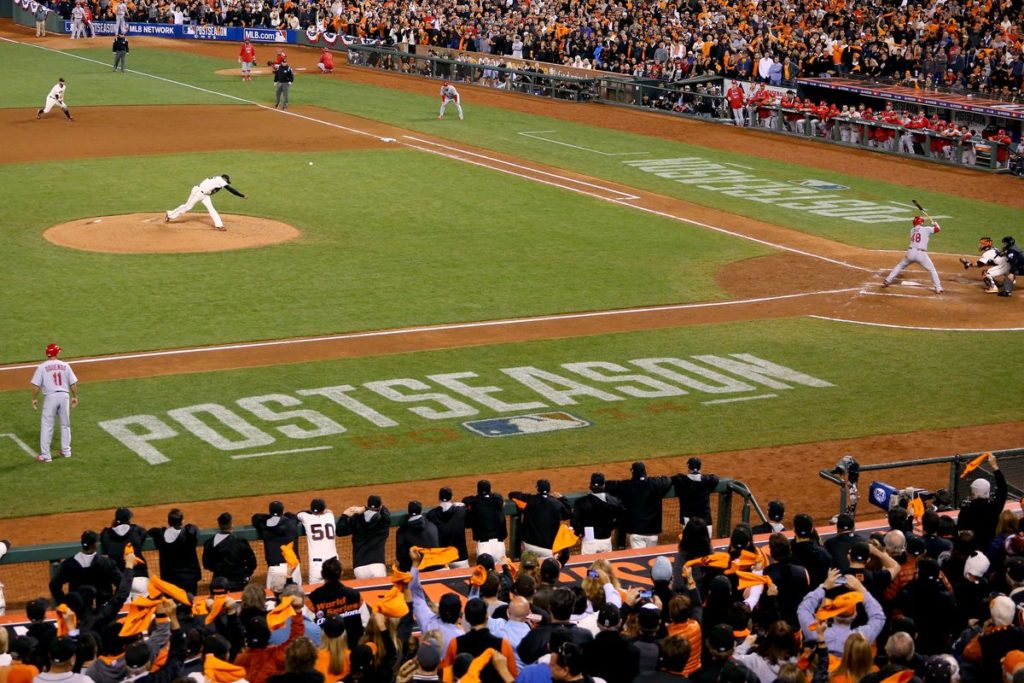
Part of the reason why starters are more limited in innings pitched, is because the post season has become so much longer. Until division play began in 1969, the post season consisted on just the World Series. With a sweep, it could have been over in as little as 4 games. Which means that each starter only had to make 1 addition start.
From 1969-85, the league championship series were a best of 5 series. Then in 1995, the first year of the 3 division format with the wildcard winner, added the additional division series round. As of 2012, the Winner Take All Wild Game game has added to the intensity. As 2 teams have to play for their whole season in one game, just to move on to play in a more comfortable series setting. In regards to the current trends of October baseball, if a starter is not on his A game, or not receiving sufficient run support, refer again to example #4.
Today, in order to win it all, a team could play as many as 20 additional games.
Case in Point, 2014, San Francisco Giants, Madison Bumgarner. 7 Games, 6 Starts, 2 Complete Games, 52.2 IP. All this in 28 days. Now add it to his 33 Starts and 217 IP he already logged through the season. Most pitchers average 5 starts per month. When the World Series ends in late October/Early November, the rest of the league has had a month to relax and is now beginning their offseason training. The pennant winners are just beginning their rest and recovery time.
Let’s not forget the higher intensity of all these playoff innings. Often times, there is a noticeable carry over into the next season.
Why Starting Pitchers Do Not Pitch Deeper Into Games
6. The Game is More Strikeout/Homerun Based
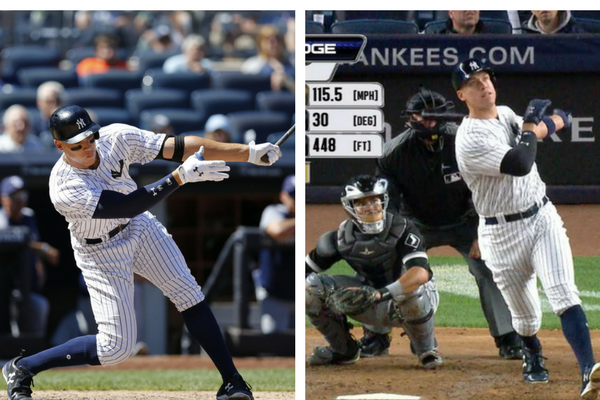
Imagine pitching when only maybe 2 or 3 hitters were a long ball threat. When you don’t have to worry about keeping the ball in the park, of course you are going to pitch more loose and relaxed. Because hitters have altered their swings and their approach to go for the long ball, the main way to neutralize the home run threat is to shut them down with the strikeout. It forces pitchers to seek their weaknesses and attack them.
With the modern approach come 2 strikes, hitters can still do long ball damage when buried in the count. It is the risk they are willing take to play for the big inning and the big contracts. As a result, the rising number of strikeouts in the game nowadays, means deeper counts, and a lot more of them. This all adds up in regards to durability. How deep you can pitch into a game is directly affected by this example.

Why Starting Pitchers Do Not Pitch Deeper Into Games
7. Big Money Contracts

Starting Pitchers are an investment. In 1999, when the Dodgers gave Kevin Brown a $100 Million contract, the baseball world was in shock. No Pitcher should ever receive that money. It’s too risky, everyone was saying at the time. Fast forward to 2017. David Price $217M, Clayton Kershaw $215M, Max Scherzer $210M, Zack Grienke $206M, and the list goes on….
Like anything in life, you have to protect your investments. Since 10 teams now make the postseason, there are more opportunities to win it all, as opposed to the lone pennant winners for the first 100 years of Major League Baseball. When the ace of a staff goes down, and hinders the team’s chances of making the postseason, it is a tough pill to swallow. Especially, when it could have been avoided. Not to mention, the poor ROI.
Did I miss any other factors that go into the lesser innings load nowadays? Please let me know in the comments section below
Keep Dominating!!!
About the Author
 Brad Kirsch is the Owner/Creator of Slider Domination. He is a former professional pitcher who blogs about all things Pitching. Brad has also authored the AudioBook, 7 Reasons Why YOU Should Throw a Slider. If you haven’t done so already, you can Download the AudioBook Here
Brad Kirsch is the Owner/Creator of Slider Domination. He is a former professional pitcher who blogs about all things Pitching. Brad has also authored the AudioBook, 7 Reasons Why YOU Should Throw a Slider. If you haven’t done so already, you can Download the AudioBook Here


